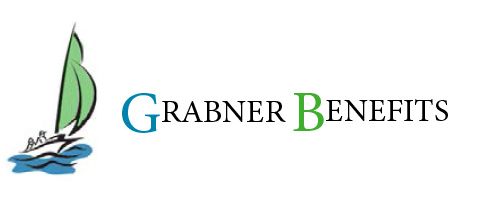Cures Act brings relief to employers without Group insurance
Small Business HRA provision signed into law
ISSUE
IRS Notice 2013-54 issued in September 2013 limited the ability of small business owners to utilize standalone HRAs. Prior to this guidance, many had used HRAs to reimburse their employees for certain medical expenses using pre-tax dollars. As a result of IRS Notice 2013-54, a company with more than one eligible employee could no longer receive a tax advantage through an HRA unless it sponsored Group insurance – an expense that’s beyond many small companies’ reach – or offered a Limited Purpose HRA. This new legislation overturns a portion of the guidance issued in IRS Notice 2013-54 and once again allows small employers to utilize HRAs as a pre-tax health & welfare benefit.
IMPACT / MOVING FORWARD
Beginning January 1, 2017, qualified businesses can now establish a Small Business HRA (SBHRA) to use tax-advantaged funds to reimburse employees for individual health insurance premiums and family out-of-pocket medical expenses. This change does not affect one-employee, integrated, or Limited Purpose HRA Plans that are already compliant with federal law.
Highlights include:
- Employers must have fewer than 50 FTEs and cannot offer a group health plan.
- SBHRAs may reimburse an employee for qualified out-of-pocket medical expenses under §213(d) of the Code and individual health insurance premiums – including for plans purchased on the public ACA Marketplaces.
- Employer annual contributions will be capped at $4,950 for a single employee and $10,000 for an employee with a family. These numbers will be indexed annually for inflation and are to be prorated for mid-year enrollment.
- Participation in a SBHRA does not necessarily disqualify participants from receiving Marketplace subsidies (i.e. premium tax credits), but monthly SBHRA reimbursements will be included in income calculations for determining eligibility for any subsidy.
- Generally, employers must make the same contributions to all eligible employees; however, the benefit may vary based on the cost of health insurance tied to the employee’s age and/or number of family members covered.
- Employees must have minimum essential coverage in order to participate; if not, the reimbursement amount will be reflected as part of the employee’s gross income for tax purposes.
- SBHRAs are solely funded by an eligible employer; they are employer-sponsored and reimbursed benefits. The employee is not allowed to contribute pre-tax dollars via salary reduction.
- Unused elected amounts can be carried over to reimburse medical expenses in future years OR can be offered as a use it or lose it feature to limit the employer’s liability to the current Plan Year.
- Employers must provide notice of the benefit to their employees at least 90 days before the start of each plan year.
- The employer is required to report the SBHRA benefit on each employee’s Form W-2
- Group health premiums (i.e. for coverage offered by a spouse’s employer) cannot be reimbursed.
- Not considered a group health plan for purposes of COBRA, ERISA, HIPAA, etc.
SBHRAs provide a tremendous opportunity to those small employers who do not, or are no longer able to, offer Group health but want to assist their employees with ever rising healthcare costs. As with any new legislation impacting our business, additional guidance is expected to be issued that may affect the scope of our service offering. Furthermore, any efforts by President-elect Trump and the new GOP Congress to repeal and replace the ACA may very well impact these new rules…stay tuned to TASC’s Capital Connection for more information.
